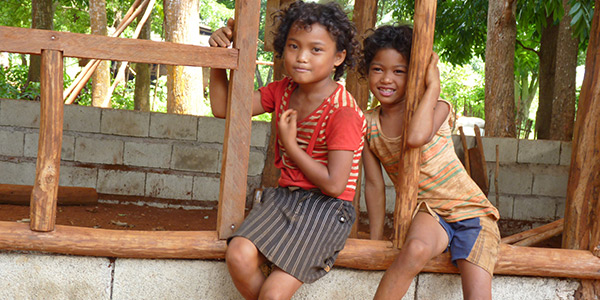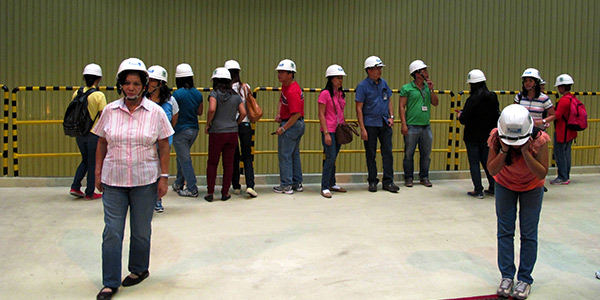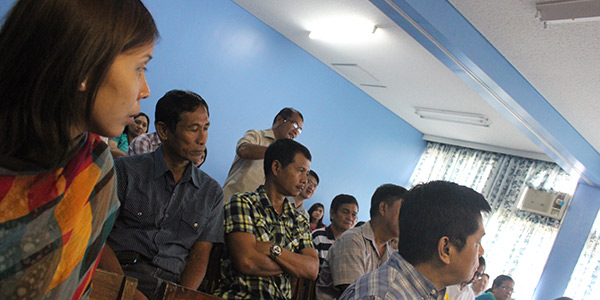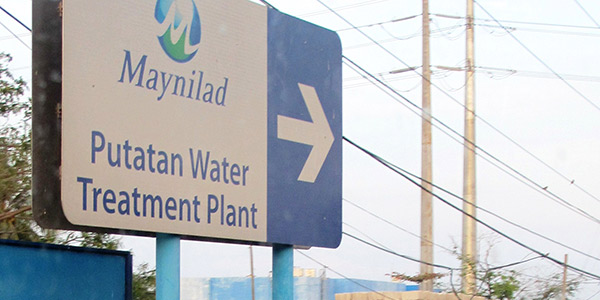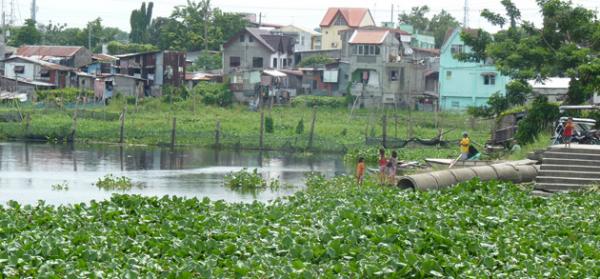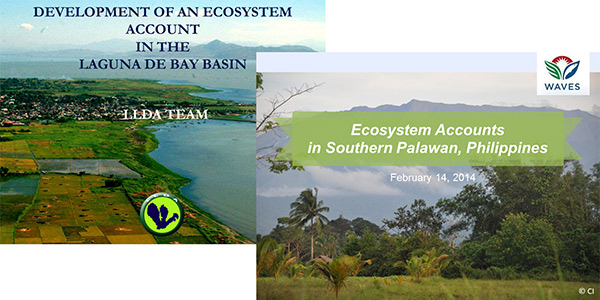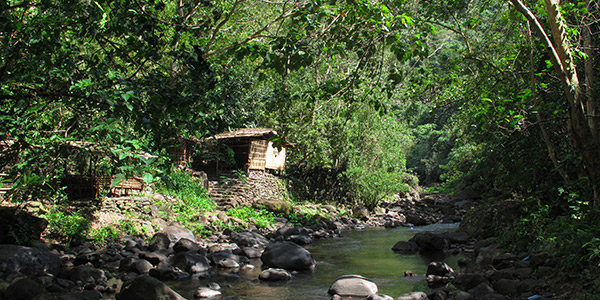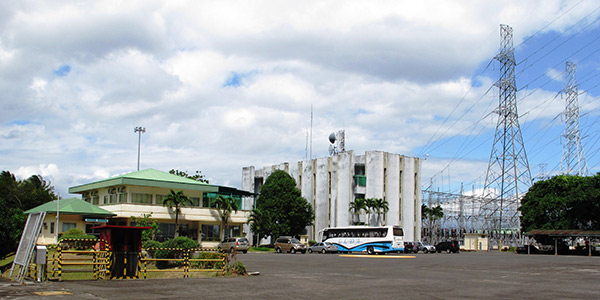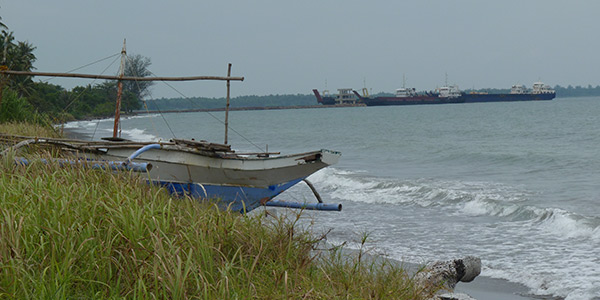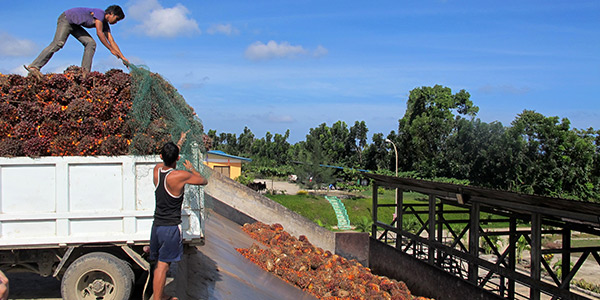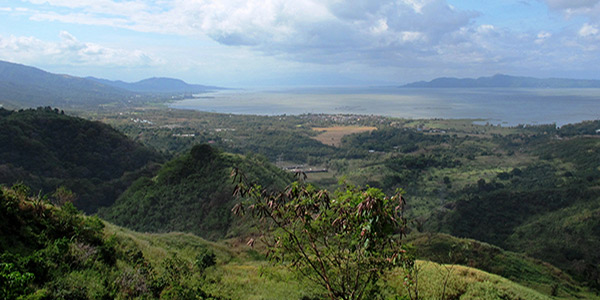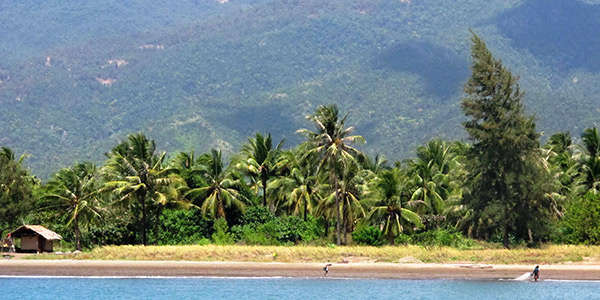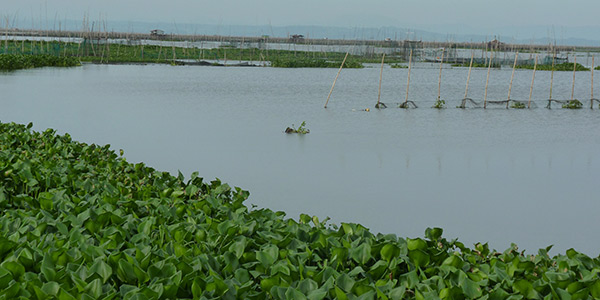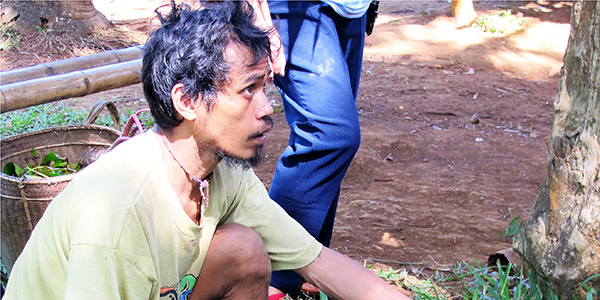The Phil-WAVES mission in the Philippines this February demonstrated the successful convergence of theory and practice of natural capital accounting. The two-week mission was comprised of training on the System of Environmental Economic Accounting (SEEA 2012) central framework conducted by the Australian Bureau of Statistics (ABS) and scoping visits to the two ecosystem pilot sites, Laguna Lake Basin and Southern Palawan February 12 and February 17-20, 2014 respectively.
A week-long training course in ecosystem accounting also took place that was led by Professor Lars Hein of Wageningen University in the Netherlands, in collaboration with the Phil-WAVES team and local experts.
Numbers crunching
ABS conducted a one-week training course introducing participants from the Philippine Statistics Authority (PSA), regional statistics offices, the National Economic and Development Authority (NEDA) and the Mines and Geoscience Bureau of the Department of Environment and Natural Resources (DENR - MGB) to the main building blocks of System of Environmental-Economic Accounting (SEEA). Using a combination of presentations and workshop exercises, the participants gained an understanding of SEEA concepts and techniques and how these could be translated to support informed policy making.
As part of this training, ABS also conducted a separate, more focused session on the production of mineral accounts. This specialized training also included background and technical information on producing monetary estimates for mineral assets.
Around the Laguna Lake Basin
A scoping visit was conducted around the Laguna Lake Basin, with three major stopover points: the Caliraya Botocan Kalayaan (CBK) power plant, the Panguil EcoPark and the Maynilad water filtration plant.
The Laguna Lake Basin, a main hub of commerce, energy production and ecotourism in the Philippine capital of Manila, also provides a host of ecosystem benefits such as flood mitigation and fish habitat.
The Laguna Lake Development Authority (LLDA), the lead government agency for the Laguna Lake ecosystem account, welcomed the use of ecosystem accounting to craft strategic plans that would integrate land and water management and assess the overall value of the lake and its watersheds.
The information to be generated by the project will be crucial in modeling the causal relationships between the quality of the water in Laguna Lake and the silt and pollutant loads of waters draining into the lake. LLDA intends to use the ecosystem accounts to support strategic plans on the development of payment mechanisms for water use and in the long-term to plan sustainable financing schemes.
Southern Palawan
The Phil-WAVES Team also conducted a scoping visit in Southern Palawan to be better acquainted on the various land uses of this region, which is abundant in natural resources and rich in biodiversity.
“Being an area of rich biodiversity, Palawan has a high potential for eco-tourism. At the same time, it has abundant mineral resources, forests and agricultural land. Which of these types of uses can you allow to maximize the value of the country over the long term?” said Bebet Gozun, WAVES Country Coordinator, explaining how WAVES could be used as a tool to better assess the costs and benefits of varying land uses.
The TWGs visited a mining area, an oil palm plantation, conducted dialogue with the community of rice farmers including indigenous peoples, visited a model agricultural / coconut farm, and the Palawan tribal center.
It was determined by the TWG that the Southern Palawan ecosystem account would be used to address policy issues related to competing land uses such as mining, expansion of land for industrial plantations particularly oil palm plantations, and decline of rice productivity.
Expanding WAVES within the academe
Dr. Agustin Arcenas from the University of the Philippines School of Economics and Dr. Gem Castillo from Resources, Environment and Economics Center for Studies are the latest additions to the Phil-WAVES TWG. Dr. Arcenas and Dr. Castillo were contracted to support the valuation and policy work of the ecosystem accounts for the Laguna Lake basin and Southern Palawan respectively.
WAVES will also collaborate with the two to develop training materials, draw on local experts as well as students to support the analytical work and data collection. Building expertise and technical capacity in the academe was an identified strategy to institutionalize wealth accounting as an evidence-based tool for sustainable and inclusive development.

